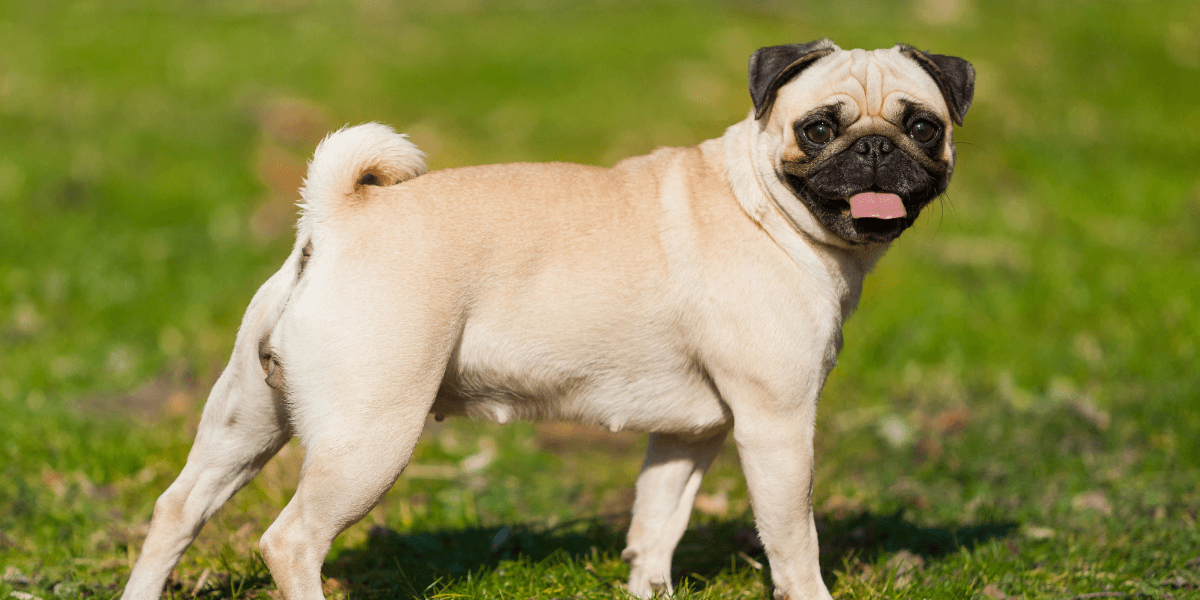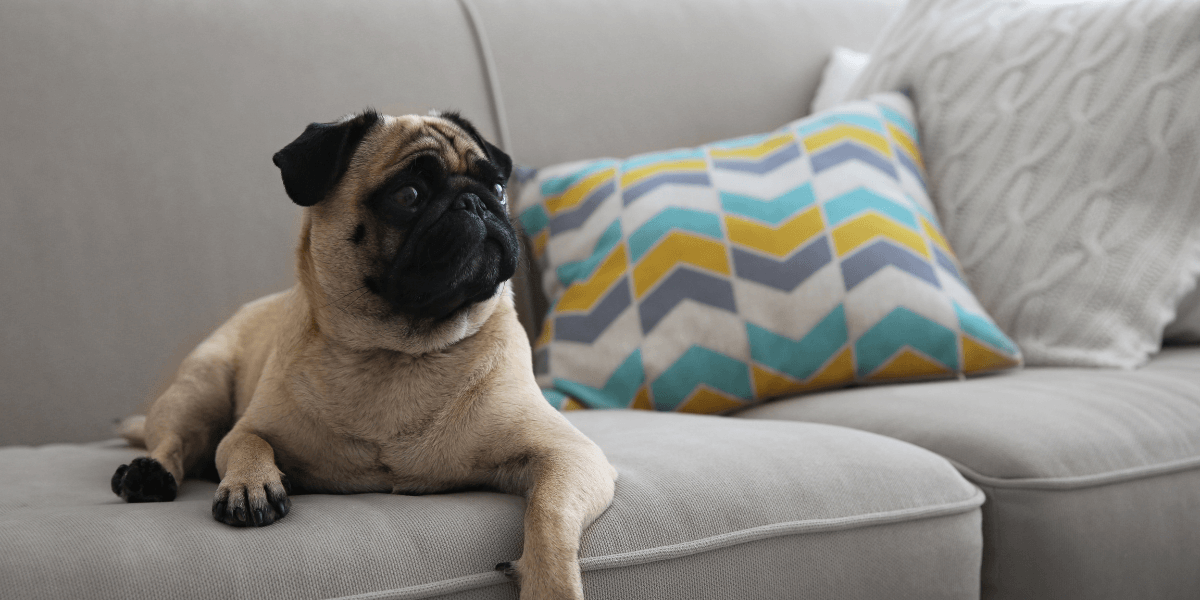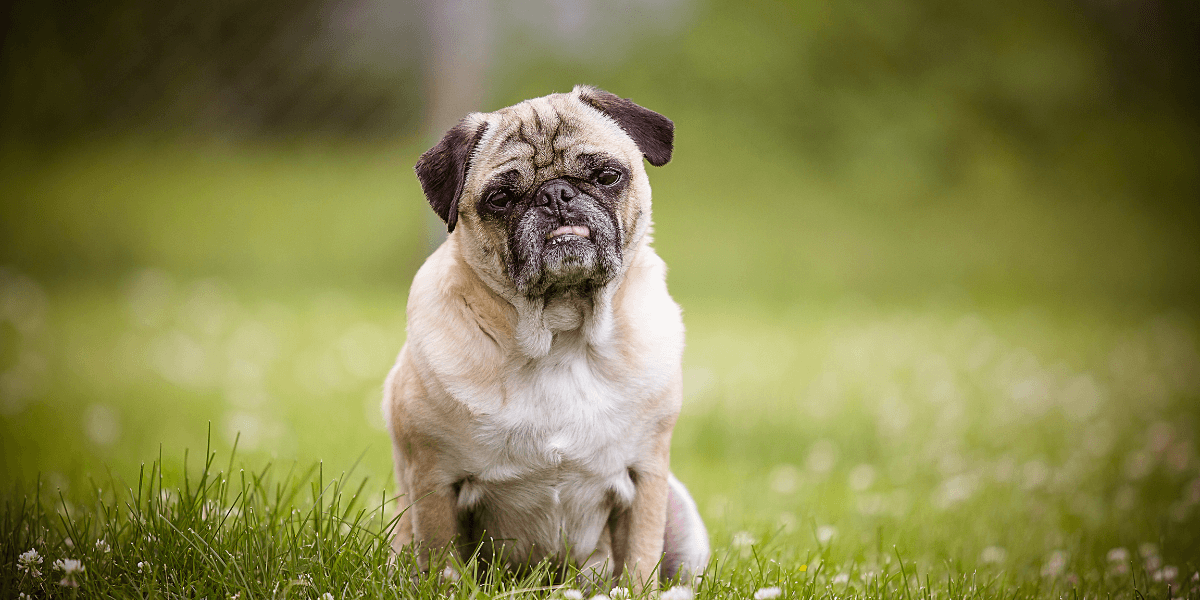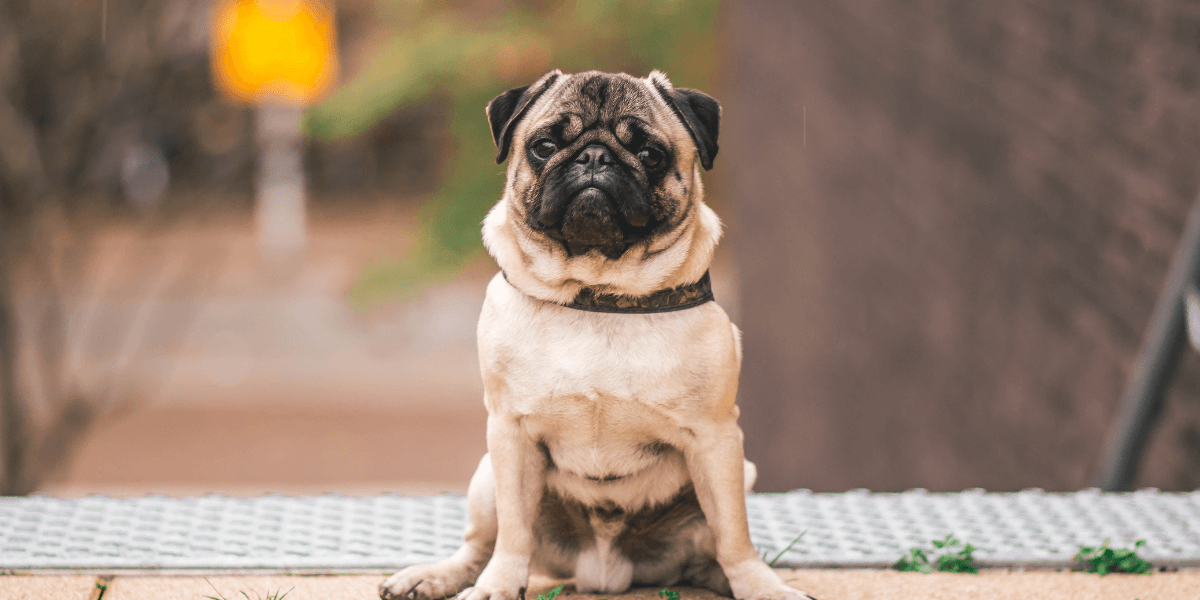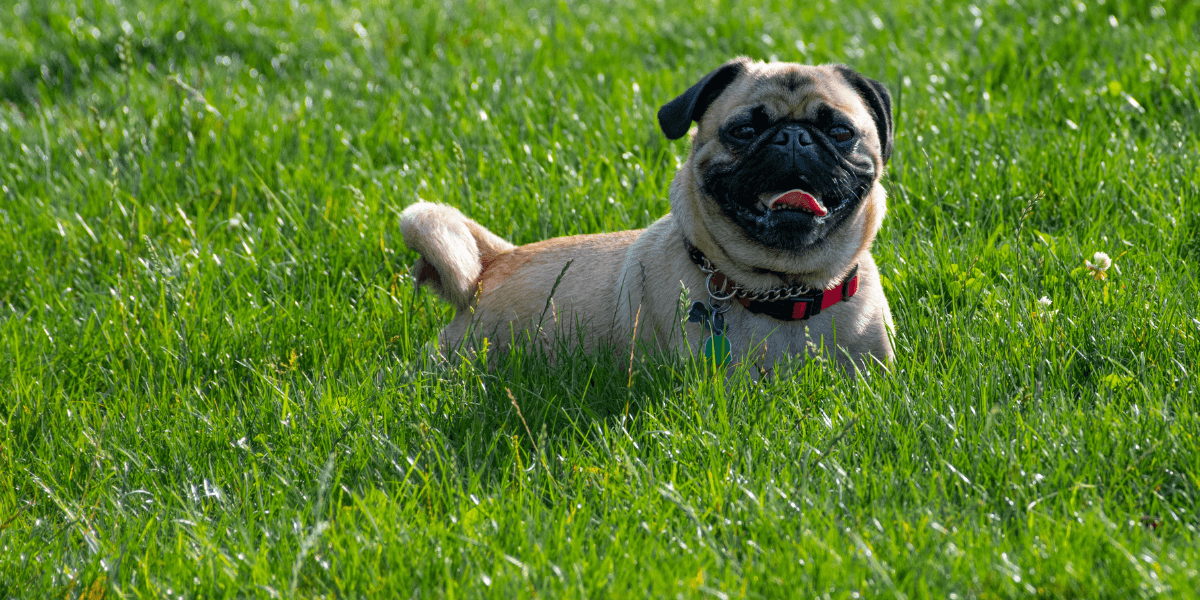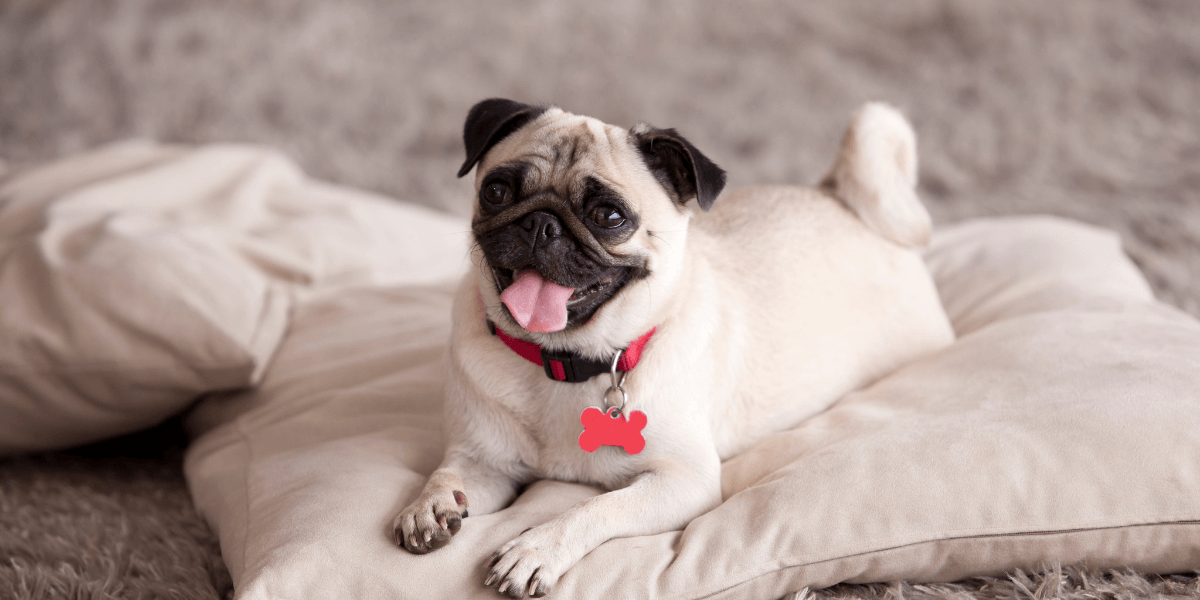Introduction
Understanding Pug Temperament: Expect affectionate, playful, and loyal companionship
-
Pugs are known for their charming and even-tempered nature
-
Expect a pug to be sociable and get along well with kids and other pets
-
Pugs are intelligent but may show a stubborn streak at times
-
Pug temperament includes a strong desire for human attention and cuddles
-
Be prepared for a playful and mischievous personality with your pug
1. Affectionate and Loving
They thrive on human companionship and love to be the center of attention.
- Cuddly Companions: Pugs enjoy snuggling up with their owners
- Attention Seekers: They crave human interaction and can become anxious
- Family-Friendly: Their gentle and loving demeanor makes them great with children
- Playful Spirits: Pugs love interactive games and playtime with their families
- Loyal Friends: They form strong bonds and are devoted to their human
- Social Butterflies: Pugs thrive on socializing with people and other pets alike
2. Playful and Mischievous
Pugs have a playful side that can bring a lot of joy to your household.
- Energetic Play: Despite their small size,are full of energy and enjoy interactive play
- Cheeky Behavior: They have a mischievous streak and can sometimes get into trouble
- Favorite Toys: Pugs love toys that they can chew on and play with
- Zoomies Galore: Pugs often have bursts of high energy, dashing around playfully
- Hide and Seek: They enjoy playing hide and seek with their owners
- Curious Explorers: Pugs love exploring their environment, often leading to antics
3. Stubborn Yet Intelligent
Pugs are intelligent dogs, but they can also be quite stubborn.
- Training Challenges: Their stubbornness means they might not always follow commands
- Positive Reinforcement: Use treats and praise to encourage good behavior
- Consistency is Key: Be consistent with training methods to help your Pug
- Problem Solvers: Pugs can figure out puzzles and toys, showing their intelligence
- Quick Learners: They can learn new tricks with patience and creative training
- Independent Thinkers: Their stubborn streak often means they prefer doing things
4. Sociable and Friendly
Pugs are very sociable and enjoy meeting new people and animals.
- People Lovers: They are known to be friendly towards strangers and guests
- Pet-Friendly: Pugs usually get along well with other dogs and pets
- Adaptable: They adapt well to different living situations
- Welcoming Attitude: Pugs greet everyone with a wagging tail and a happy demeanor
- Easygoing Nature: Their relaxed attitude makes them great companions settings
- Social Hounds: Pugs enjoy group activities and thrive in a lively, social environment
Discover effective training techniques to ensure your pug remains sociable and friendly throughout its life.
5. Calm and Laid-Back
They are perfectly content to relax and enjoy some quiet time with their owners.
- Quiet Companions: They are not known for excessive barking
- Relaxation Experts: Pugs love lounging around and can often be found napping
- Stress Relievers: Their calm demeanor can be soothing and help reduce stress levels
- Low-Key Energy: Pugs are content with moderate exercise and enjoy relaxing at home
- Gentle Presence: Their calm nature makes them excellent lap dogs
- Easygoing Attitude: They adapt well to a quiet environment
6. Loyal and Protective
Pugs form strong bonds with their owners and can be very loyal and protective.
- Loyal Friends: Pugs will often follow their owners around the house
- Protective Instincts: They can be protective of their home and family
- Courageous Little Dogs: Pugs can be quite brave when they feel their loved ones
- Dedicated Companions: Pugs are devoted and often stay close to their owners
- Alert Watchdogs: They are quick to alert their family of any unusual sounds or visitors
- Fearless Attitude: Pugs show confidence and stand up for their loved ones
- Faithful Guardians: Pugs are reliable and will watch over their family
Learn how pugs' loyalty and protective nature make them excellent family pets, similar to German Shepherds.
7. Health and Temperament Considerations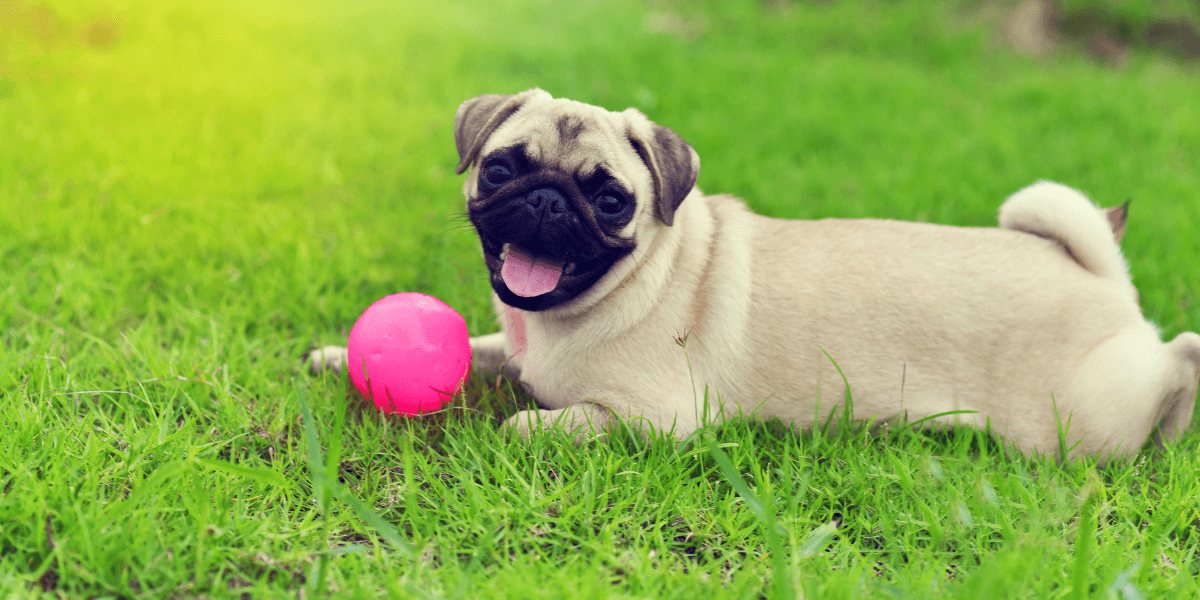
It's important to be aware of these potential problems and address them promptly.
- Brachycephalic Syndrome: Their flat faces can lead to breathing difficulties
- Obesity: Pugs love to eat, and without proper diet and exercise
- Skin Problems: Their wrinkles need regular cleaning to prevent infections
Best Practices:
- Regular Vet Visits: Ensure your Pug has regular check-ups to catch any health issues
- Proper Diet and Exercise: Maintain a healthy diet and regular exercise routine
- Grooming Needs: Regular grooming, including cleaning their wrinkles and ears
Stay informed about common pug health concerns and temperament traits to ensure a happy, healthy companion.
FAQs
1. Are Pugs friendly?
-
Yes, Pugs are known for their friendly and affectionate nature
2. Do Pugs get along with kids?
-
Absolutely, Pugs are great with children and enjoy their company
3. Is a Pug easy to train?
-
Pugs can be a bit stubborn but are generally trainable with patience
4. Are Pugs active dogs?
-
Pugs have moderate energy levels and enjoy playtime and short walks
5. Do Pugs bark a lot?
-
Pugs are not excessive barkers but will alert you when necessary
6. How do Pugs handle being alone?
-
Pug temperament includes a strong dislike for being left alone too long
7. Are Pugs good for apartments?
-
Yes, Pugs adapt well to apartment living due to their small size and calm nature
Conclusion
-
Pug Temperament is a blend of affection, playfulness, and loyalty
-
Understanding your pug's temperament helps foster a strong bond
-
Socialization and training are key to managing pug temperament
-
Embrace the quirks of pug temperament for a joyful companionship
-
Knowing what to expect from a pug temperament ensures a happy home
Please share it with fellow dog lovers and leave a comment below with your experiences!
References
For more information on The Pug Temperament, check:
- Pugs: The Good, the Bad, the Ugly
- The Essential Guide to Dog Breeds: Pug Dog Breed Facts & Information
- Pug: Is This Small Dog with a Big Heart for You?
- Choosing the Best Orthopedic Dog Bed
- Top Orthopedic Beds for Large Dogs with Hip Dysplasia
Thank you!

